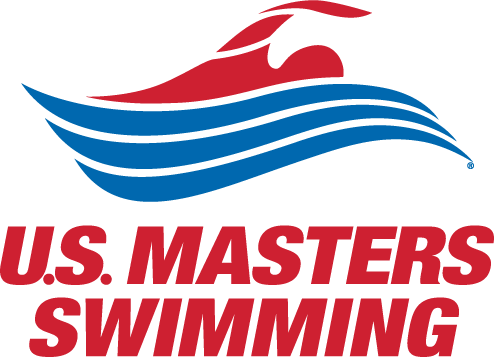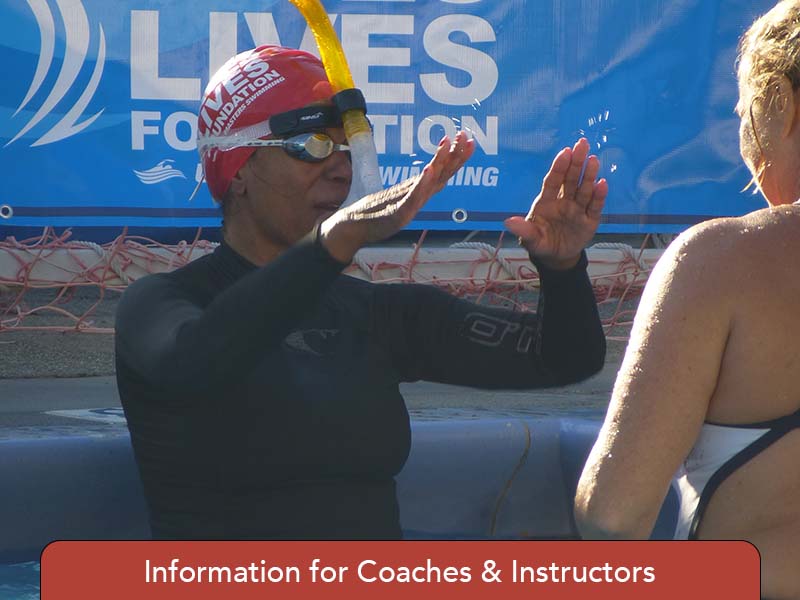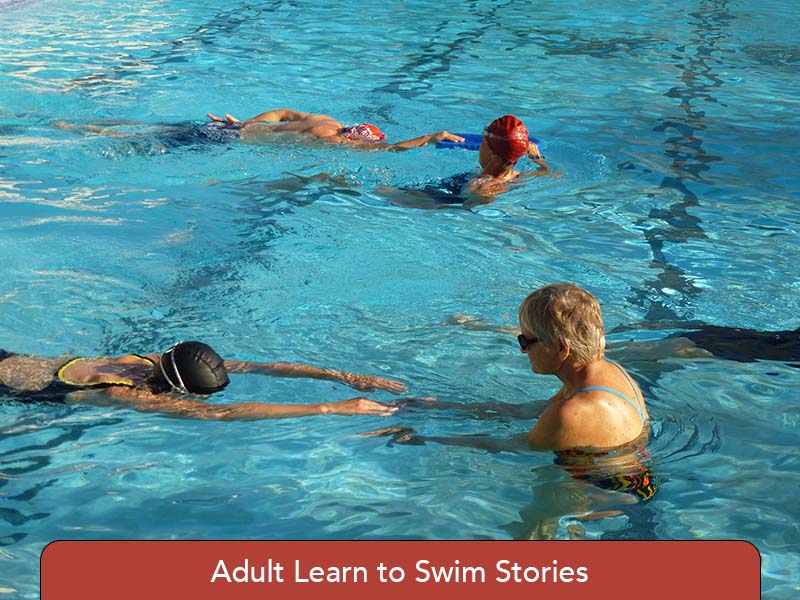ALTS: Information for Coaches and Instructors
As part of the ALTS program, Pacific Masters and USMS have developed considerable resources for coaches and instructors who committed to developing their own Adult Learn to Swim programs. Available are links to instructional videos, webinars, and slides, as well as information on how to apply for an Adult Learn to Swim Grant from United States Masters Swimming.
Adult Learn to Swim (ALTS) Instructor Workshop:
APRIL 28, 2024 – REGISTER TODAY
The ALTS instructional program is a nationally recognized system designed to
teach adults how to swim and be safer in the water. The Pacific Masters
Swimming ALTS Committee will host a 3-hour workshop (on April 28, 2024) to
help volunteers/instructors learn this system. The workshop will be led by
USMS-certified ALTS instructors and will include both classroom and in-water
instruction. Those who complete the workshop should be better prepared to
teach or help teach adult swim lessons in their community.
Please note: This workshop will NOT provide USMS ALTS Instructor
Certification, and a current USMS ALTS Instructor Certification is NOT
required for registration.
Contact Mark Frazier (markfrazier44@icloud.com) to register, or if you have
any questions. There is no charge for this session.
Session Details:
Date: April 28, 2024
Time: 9:00am – 12:00pm
Location: Graham Aquatic Center, 1100 Alamo Drive, Vacaville, CA 95687
Gear: towel, swimsuit, cap, goggles, note-taking paper/pen
Bridge to Masters Grant Program
Pacific Masters Swimming’s Adult Learn to Swim (ALTS) and Diversity and Inclusion
(D&I) Committees announce a “Bridge to Masters” Grant Program to support local
Masters clubs in their efforts to bring inexperienced swimmers and/or graduates of their
ALTS programs into their Masters Swimming programs. The grants will provide $500-
$1000 to clubs to help fund Bridge to Masters programs in a number of ways, including:
subsidizing a portion of USMS membership fees for first time “Bridge to Masters”
swimmers, or covering coaching and pool rental fees for “Bridge to Masters” swimmers.
Applications must made on behalf of a registered, Pacific Masters Swim Club, and are
due by May 1, 2024. Grant recipients will be notified by June 1, 2024. Please request
an application form from ALTS Chair, Kim Elsbach at: kdelsbach@ucdavis.edu.
Adult Learn to Swim (ALTS) Instructional Tips: Lessons Learned
While Teaching
By the Pacific Masters ALTS Committee, Kim Elsbach (chair) Get Fit Davis Masters;
Carol Nip, Albany Armada Aquatic Masters; Christina Kossa, Richmond Plunge
Masters; Susan Collins, Walnut Creek Masters; Natalie Clark, Fresno Area Manatee
Masters, Mark Frazier, Vacaville Swim Club; Lisa Frazier, Vacaville Swim Club
In honor of learn to swim month (April), Pacifics ALTS instructors share the following
instruction tips, gathered from their experience teaching ALTS classes.
Read More
Resources
USMS Adult Learn to Swim Website: https://www.usms.org/alts-central
How to Become a Certified Adult Learn to Swim Instructor: https://www.usms.org/alts-central
Instructional Videos:
Adult-Learn-To-Swim Webinar Series
- January 28, 2021 ALTS Grant Application Process - Recording
- February 25, 2021 ALTS Peer-to-Peer - Recording
- March 25, 2021 ALTS Peer-to-Peer - Recording
- May 27, 2021 ALTS II: Choose your own Adventure, Part One - Presentation - Recording
- August 26, 2021 ALTS II: Choose your own Adventure, Part Two - Presentation - Recording
- October 28, 2021 ALTS Community - Recording
- January 27, 2022 Breathing Into Fear - Calming the Anxious Adult Swimmer - Presentation - Recording
- February 24, 2022 Becoming a More Effective ALTS Instructor - Presentation - Recording
- March 24, 2022 Lessons on Partnering with Volunteers and the Community from Pacific Masters - Presentation - Recording
- June 16, 2022 Lap Swimming 101 - "Building a Bridge to Masters from ALTS" - Presentation




